Mobile app development is a complex process and is certainly different from any other software.
Sure, you have the option to customize it as per your requirements, but that requires proper planning, which is not that easy.
You see, developing a mobile application of your choice is nothing less than cooking your favorite dish. A little mistake in choosing the right ingredients, and you will never be able to achieve the taste you expect/want.
One such important ingredient that plays a pivotal role in the overall performance of the app is the app development framework.
This is the fundamental decision one has to make before initiating the app development process. Choosing the right approach is instrumental in achieving the desired outcome.
However, with numerous app development frameworks available, it can be challenging to make the right choice.
If you are also planning to build an app or get an app developed, and are in a dilemma of choosing an app development framework, then this is a must-read blog for you.
In this one, we are going to discuss different types of mobile app frameworks and give you a sneak peek into the top 10 mobile app development frameworks that are being used in the industry.
But before we jump into all of that, let’s quickly get an overview of what a mobile app development framework is and how it works.
Mobile App Development Framework: Introduction
As the name suggests, the development framework serves as the foundation, the framework of your application. It helps in deciding what kind of tools can be used in the development process.
An ideal app development framework consists of compilers, debugging tools, programming interfaces, a live environment, etc., that help a developer carry out complex processes easily.
The framework not only helps in simplifying the journey of the developer, but also helps you understand the functionalities better.
Not only that, a solid framework can even simplify the app maintenance and support for your final solution.
However, there’s a catch! If the framework is not chosen wisely, things can go south, and the final solution may not be as effective and simplified.
The confusion usually happens because all the frameworks seem to be snappy, efficient, and user-friendly. However, there is a reason why they are different from each other.
Hence, whenever you want to choose the right app development framework, it is important to understand the types of mobile app frameworks, as it can help you identify which of them meets all your requirements.
Check out the next section, where we have discussed all the types of mobile app frameworks.
Types of Mobile App Frameworks
To understand the types of mobile app frameworks, you must understand the types of applications that one can develop. Generally, there are 3 types of applications from the technical perspective: these are –
- Native apps, which are built specifically for a platform, can utilize every available resource integrated with the operating system.
- Web Apps are more feature-oriented and can be accessed through a mobile or a computer, as they run on the web, rather than depending on an OS.
- Hybrid Apps are the ones that can use the same codebase on multiple operating systems. This is a cost-effective approach, however it requires higher optimization.
Now, with different types of applications that require a different approach, you also require a dedicated development framework.
Hence, based on these 3 app types, there are three different forms of mobile app development frameworks.
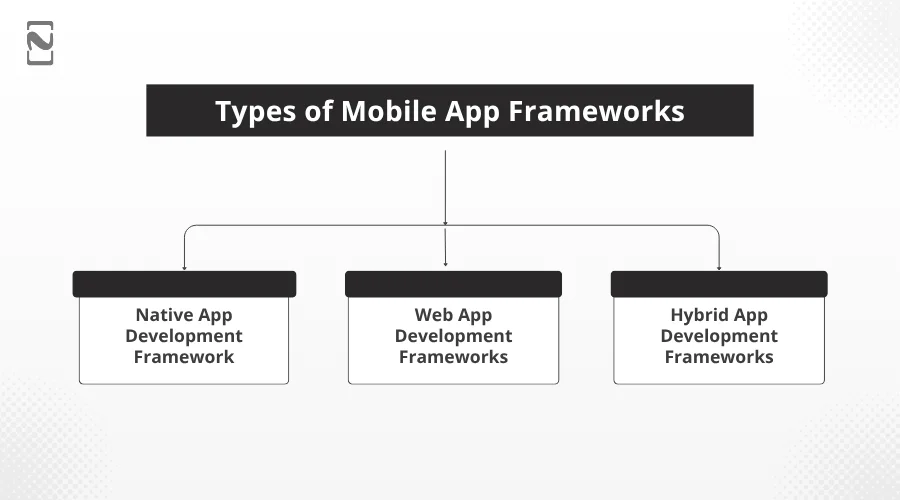
Hence, these are known as –
- Native App Development Frameworks
- Web App Development Frameworks
- Hybrid App Development Frameworks
This classification is purely based on the type of app that you plan to build. Keep in mind that once you have opted for a type, everything included in your mobile app tech stack should be chosen accordingly.
The key to making the right decision here is to understand what framework technology supports and what type of app development.
The more intelligently you choose, the better it is for you. But the real question that arises is which framework to choose, and what are the available options that you should consider?
Check out the next section to find the best framework technologies you can opt for to get efficient mobile app development.
Top 10 Mobile App Development Framework Technologies
After you have chosen the framework of your choice, it is time to choose the best tech for the same app development
-
React Native
React Native is one of the most popular mobile app development platforms introduced just a few years ago, in 2018, by Meta (then known as Facebook).
As of today, this framework has been used for the development of some of the best mobile apps, including popular names like Uber, Pinterest, Instagram, and more.
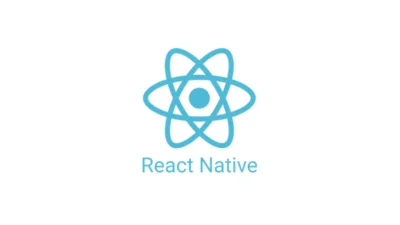
As such, more than 40% of app development is done using React Native, thus making it the best JS framework for mobile apps.
There are various reasons why it is so famous. One of the biggest benefits is that it enables a native-like feel for both Android and iOS platforms.
Through react native app development, you can create highly optimized cross-platform applications.
The best part is that all of this can be done using just one programming language, which is JavaScript. This fact also makes it quite affordable, time-saving, and scalable.
Now, with this said, let’s look at the features of this top JavaScript-based mobile app development framework.
Features of React Native
- It is a Low-code Framework
- Fast time-to-market
- 3rd Party Plugin Compatibility
- Declarative API for predictive UI
- Live Reloading
It is one of the top mobile app development technologies for the native framework that is mainly used for custom iOS app development.
Several features like Siri enablement, internal sync, etc., can be implemented through this framework easily, as it is iOS-friendly.
-
Swiftic
Now, this is a rather unique framework. Why do you ask? Well, for starters, this framework comes with quite a user-friendly interface. This makes navigating across the framework much easier.
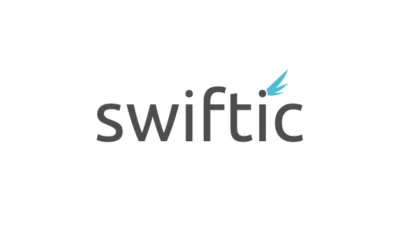
However, this isn’t an open-sourced platform that is free for everyone to use. Instead, you have to choose from one of the many premium plans it offers.
Some relief comes in the form of a 30-day money-back guarantee.
Features of Swiftic
- Create your own mobile store
- Push Notification Integration
- Menu & Ordering
- Customer Engagement
- Social & Media feeds
- 3rd party integration
Additionally, this platform also comes with a 6-month success guarantee. All in all, this is one of those platforms that you should consider if you want to develop an IOS mobile app.
-
Ionic
Unlike the previous pick, Ionic is a completely free-to-use framework. This open-sourced framework is based on none other than AngularJS itself.
Again, if you are planning to hire a Hybrid App Development Company, this is a framework that you might come across.
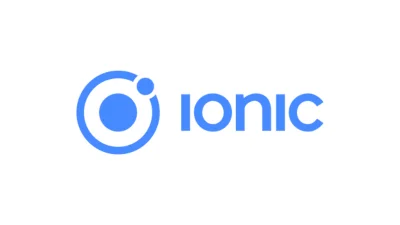
As such, this mobile app development framework is highly compatible with all three major platforms, i.e., Android, iOS, and Windows.
Developers across the United States of America use the Ionic framework to create robust and feature-filled native applications. The real-world performance of these applications is also stellar.
Moreover, it comes with amazing UI elements and features that include things like list views, filters, forms, action sheets, navigation menus, etc.
This allows developers to create amazing and aesthetically pleasing applications.
Features of the Ionic
- Intuitive UI components
- Fast development speed.
- Strong Community Support
- Absolute control over development
- Flutter
However, to fully utilize the powers of this framework, the developer should be familiar with HTML, JavaScript, and CSS.
-
Flutter
If you know anything about mobile app development, you should be familiar with the name of Flutter.
This framework comes in the form of a UI toolkit, which mainly deals with creating an aesthetically pleasing and native-looking mobile application.
Developed by Google, this framework allows the development of various app platforms using one codebase.

Being an open-sourced SDK, it uses widgets to develop responsive mobile applications. This is what makes it one of the best mobile app development frameworks.
Being a UI/UX design framework, this platform comes with a 2D graphic engine known as SKIA. This is what adds to its amazing design prowess.
Features of Flutter
- Compatible with iOS & Android
- widget support
- Built-in Material Design
- Built-in Cupertino widgets
- Rich motion APIs rendering engine
This isn’t all; Flutter also enables developers to personalize the existing application. In addition to this, developing a new one is also quite time-effective.
-
Xamarin
Xamarin is yet another open-sourced platform that is used for hybrid mobile app development. In fact, it is often also marketed as the best hybrid mobile app framework in 2026.
Developed by none other than Microsoft, this framework runs on programming languages like .NET and C#.
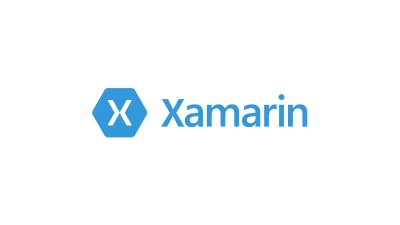
It is seen that Xamarin development results in quite scalable performance as well as a robust back end, offering a native-like but unique user experience.
The best part is that this framework can create an ecosystem covering backend, API, components, etc.
Features of Xamarin
- One codebase
- Android SDK manager
- Application loader
- Google emulator manager
- Open-source
In addition to all of this, it also enables easy third-party integration with tools, libraries, and programming languages.
Being such an amazing platform, it is used by various iOS and Android app developers alike.
-
Appcelerator Titanium
Appcelerator, as the name suggests, is quite a promising mobile app development framework. It is both an iOS and Android app development framework, as it is cross-platform.
Apart from these two mobile platforms, it is also highly compatible with Windows. All of this is done using a Single Codebase.
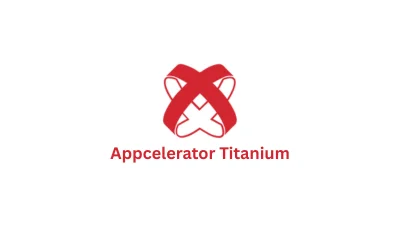
The framework isn’t as popular as some others we have discussed on this list. However, this doesn’t mean that it is lower than any other.
In fact, if you hire dedicated iPhone app developers or Android ones, there are high chances they would prefer to use Appcelerator Titanium for development.
The platform itself makes use of Ally as well as its various and useful UI components.
This makes the entire development process quite simple, thus also making it faster. Here are some of the core features that help it stand out –
Features of Appcelerator
- Free-to-use
- Integrated mobile backend as a Service)
- Easy Learning Curve
- Fast prototyping process
All in all, the main feature of this framework is that it combines APIs and UP components to create highly performative applications. Plus, it is cloud-based and synced, making it easily accessible.
-
Apache Cordova
Previously known as PhoneGap, it is the best frameworks for custom mobile app development and has been growing quite popular in the world of mobile app development.
As such, it is a cross-platform mobile app development framework in nature.
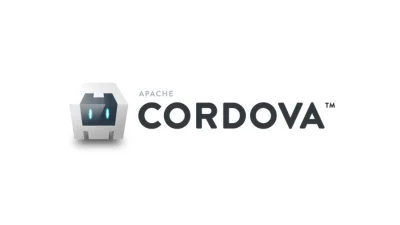
The core languages of these frameworks are HTML5 and CSS3. Thus, making it highly adaptable to various mobile hardware components. This includes a camera, accelerometer, and GPS.
It goes without saying that with the numbers and stats, this framework is something that every mobile app developer, as well as clients who want to create successful mobile apps, should explore. For that reason, it is also highly recommended for you.
Features of Apache Cordova
- Open Source framework
- Simple development
- Reusable code
- Robust backend
- Compatible with various platforms
It is comparatively easy to learn and lets developers write a single app that can be accessed on multiple devices.
-
Corona SDK
Lastly, Corona SDK. As we all know, the coronavirus has seen quite rapid development in recent years. Jokes aside, Corona SDK has become widely accepted in the years leading up to now.
Being an open-sourced platform and free to use, this has caught the eye of many mobile game developers.
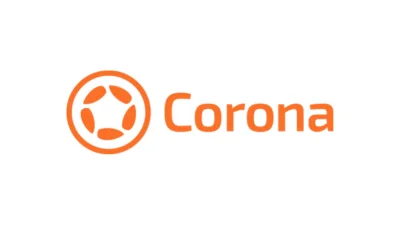
Now, if you want to hire mobile app developers to create a game that takes the market by storm, Corona SDK is for you.
Based on the Lua scripting language, this framework is lightweight, offers a low learning curve, and is highly flexible and scalable.
That’s why this platform became so popular among developers.
Features of Corona SDK
- Cross-platform framework
- Open-sourced
- Real-time simulation
- Live testing process
Now, this is yet another cross-platform. But it is unique in the way that it offers compatibility with iOS, Android, and Nook.
With that being said, let’s look at some of the top features of this framework.
-
JQuery
JQuery is another popular app development framework technology that is used to create web portals that can function on different devices, including smartphones, tablets, desktops, etc.
It uses JavaScript and is highly configurable, which often makes it a go-to choice for complex web apps and hybrid applications.
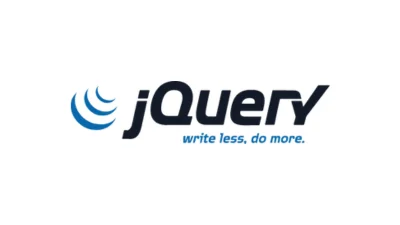
JQuery uses HTML5, which makes it easy for the developer to choose from the latest configurable themes.
Features of JQuery
- Limited Size
- Supporting Web Apps
- Straight PI Compatibility
- Can be used with other frameworks like Apache Cordova
With online and mobile app support, it surely becomes the best app development framework for users looking to get started with the application.
-
Sencha Ext JS
A cross-platform app development framework that allows you to build data-intensive applications.
Developed as an additional library attachment for YUI by Jack Slocum, it is a game-changing framework that allows your application to be data-friendly and offers multiple integrated extensions for better development.
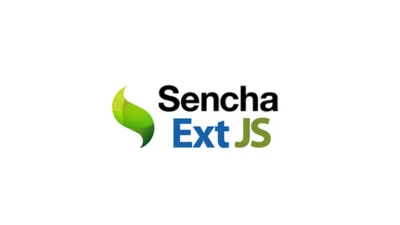
Some of the key elements used by Sencha Ext JS are that it allows you to be more flexible when designing the UI of the application, as it is more impactful and offers efficient themes that you can use.
Features of Sencha Ext JS
- Adjustable Layout
- Integrated Themes
- Graphical Data Representation
- Efficient Analytics
While all these features are enticing, you should keep in mind that you might need to rebuild the app if you have already started on any other framework and now want to switch to Sencha Ext JS.
Who Can Help Me Choose the Right App Development Framework?
With all these names and features, you might have gotten confused about which one to choose.
Unlike frameworks that are limited to only 3 and can be chosen based on the scope of your application’s reach, the development framework technologies can be complicated to align with.
Hence, if you are wondering who can help you, then Nimble AppGenie is here to assist! With decades of experience in delivering high-quality mobile applications, we are the global leaders who can help you achieve results faster.
Connect with our experts today to learn more about the fundamentals of app development and share your ideas.
Let’s start working on turning your dreams into reality!
Conclusion
Developing an application is not easy, and deciding on what tools and technologies to choose is even tougher!
With the knowledge of what type of framework you should use and what technologies you should opt for, you can surely get some clarity about whether you are moving towards the right track or not.
Now, if you want to develop your own mobile application that stands out from the rest and helps your business grow, it is recommended that you consult a market-leading mobile app development company.
With the expert’s assistance, you can easily identify the right path for your development journey.
With that said, we have come to the end of our blog. These are the top 10 mobile app development frameworks that you can use to create your own mobile app.
Hope you find the information helpful.
FAQs

Niketan Sharma, CTO, Nimble AppGenie, is a tech enthusiast with more than a decade of experience in delivering high-value solutions that allow a brand to penetrate the market easily. With a strong hold on mobile app development, he is actively working to help businesses identify the potential of digital transformation by sharing insightful statistics, guides & blogs.
Table of Contents


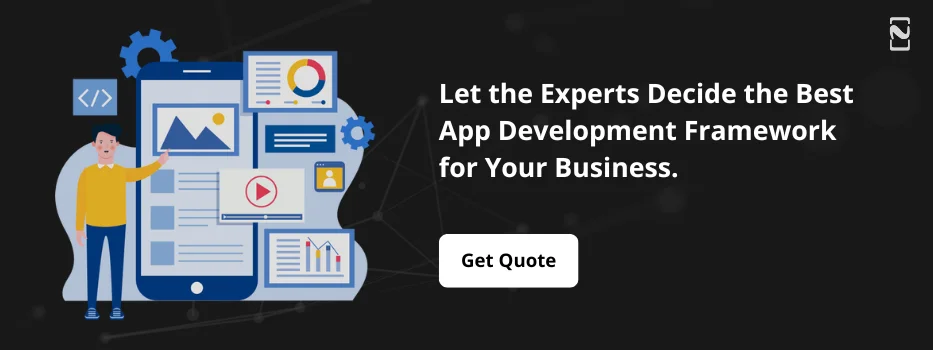
No Comments
Comments are closed.